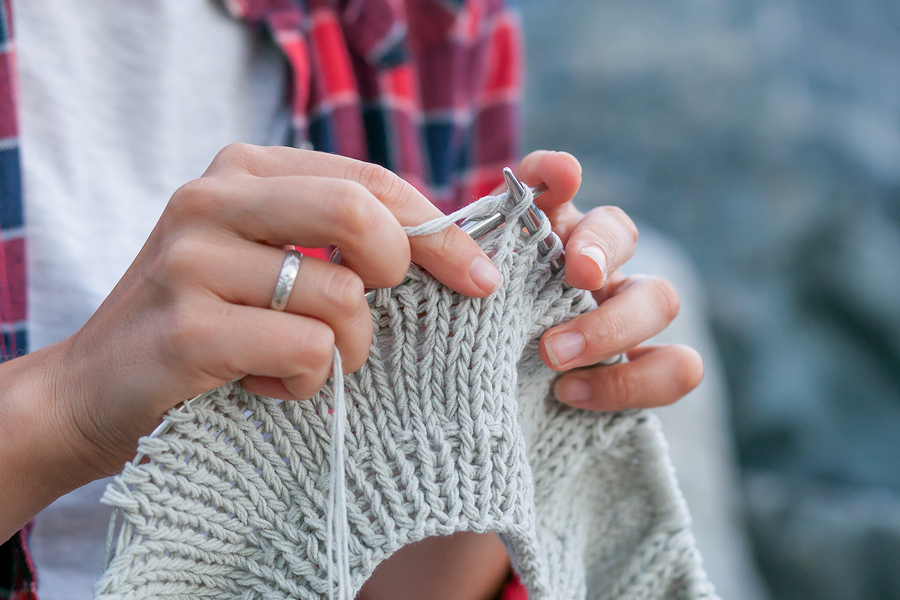
At dinner parties or any time we meet new people, a common conversation starter my husband and I like to lead with is, “What are your hobbies?” As two people highly invested in our various side interests (music for him, cooking and writing for me), it seems a natural point of connection to find out what makes others tick. But quite often, people posed with this question respond with some variation of “I don’t know” or “I used to have hobbies, but I gave them up.” This always saddens me, as I know firsthand how personally enriching hobbies can be.
In the bustle of everyday life, it makes sense that hobbies—those idiosyncratic pastimes we do for fun—would fall by the wayside. Who has the time? Some days it seems we can barely manage to pick up dinner, let alone the guitar or knitting needles. Plus, the unfortunate reality is much of our free time gets consumed by social media and, often, rather mindless entertainment.
Still, a growing body of research shows that hobbies add to our lives in significant ways—so much so that making time for them is worth the effort.
Here are five ways hobbies can improve your life.
They’re good for your brain
For years, widely believed research held that stimulating the mind with brain teasers like Sudoku or crossword puzzles was the ticket to preventing dementia later in life. But more current evidence suggests that pastimes that challenge the brain in ways that are new and more socially stimulating are the ones that have preventative benefits for cognition. For example, taking up a hobby like playing cello in an orchestra or learning Italian will serve the future of your brain better than number crunching in Sudoku. Spending time on pursuits that engage your intellect can also boost your intelligence and even ward off depression.
They form social connection
Wishing you had a few more friends and wondering where to meet people? Diving into a hobby provides a far better option than showing up to a local bar. Like-minded people gravitate toward similar leisure pursuits, and often, these pursuits afford opportunities for getting together. Whether a club or a meetup group, a band or a sewing circle, any group that congregates around a shared interest is an excellent jumping-off point for forming friendships. I can think of several friends I never would have crossed paths with were it not for my foreign language meetup, musical ensembles, and yoga classes.
They can bless others
The beauty of a well-chosen hobby is that its benefits can extend beyond yourself. Perhaps your interest in jewelry making means you can create one-of-a-kind gifts for friends on their birthdays. Play an instrument? Try lending your talents to your church’s music ministry or provide music for a friend’s wedding. Opportunities abound for knitters and crocheters to make blankets and hats for the less fortunate. Nearly every recreational outlet can be channeled in some way to extend blessing to others. And when you bless others, you usually reap the happy feels, too.
They make you more diverse and interesting
Don’t we all want to have unique pursuits, even if just to make interesting conversation? Devoting time to a hobby crafts your expertise in that area, and sets you apart. I’ve landed speaking and catering gigs after mentioning my healthy cooking blog. And friends and family know they can contact me if they need a vocalist for a wedding or special event. Many employers even ask prospective employees about their hobbies to learn more about the person and see what type of work-life balance they maintain.
They help you handle stress
When I’m feeling anxious, sitting down to play piano never fails to take the edge off my day and improve my outlook. It’s not just wishful thinking; hobbies have been scientifically proven to help us cope with stress. Engaging in a pastime that takes us away from our worries and responsibilities naturally relieves mental and physical strain. Hobbies give us a break and allow us to explore creatively. It’s not surprising that we feel better when we give them the time they deserve.
Originally published on April 9, 2018.